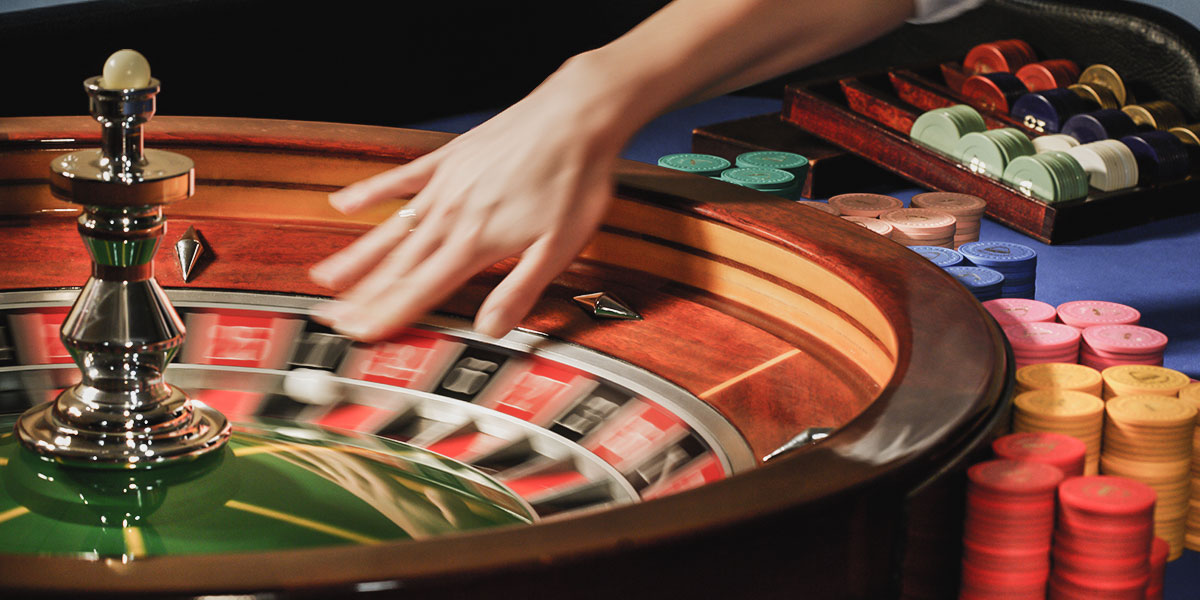
In the dynamic world of betting, gaming games have long seized the interest of gamblers around the planet. These games, including classic card options like Texas Hold’em to the whirling reels of slot machines, offer an intriguing combination of luck and tactics. While luck undeniably plays a crucial role in determining outcomes, the role of expertise in many casino activities cannot be ignored. Comprehending how expertise affects the game can improve not only a gambler’s experience but also their chances of success.
As we dig into the mechanics of casino games, it becomes apparent that some require a strong foundation of knowledge and planning. Activities like Texas Hold’em call for more than simple fortune; they demand analytical thinking, psychological insight, and calculated decision-making. trực tiếp đá gà In contrast, other activities, such as roulette and slots, are primarily driven by randomness, allowing gamblers to rely exclusively on random chance. This difference raises thought-provoking questions about what really drives achievement in the world of gambling and how a gambler’s abilities can tip the scales in their favor.
Comprehending Expertise versus Chance in Casino Activities
In the realm of casino games, the debate between skill and luck is a enduring one. Numerous games are often divided into two groups: those that depend predominantly on randomness, such as slot machines and roulette, and those where skill plays a major role, like the game of poker and blackjack. The difference is crucial because it affects not only gameplay strategies but also the approach players take when engaging with these games. While luck can play a critical role in the short term, skilled players can increase their odds of winning over the extended period in skill-based games.
Skill-based games, particularly poker, require players to understand probability, psychology, and game theory. A seasoned poker player can analyze rivals, make strategic bets, and know when to fold, all of which can lead to greater favorable outcomes. Conversely, in games that are purely chance-driven, no amount of skill can alter the odds. This implies that while a player may win big in one session, their victory may often be subject to the whims of random outcomes rather than any strategic expertise.
Ultimately, both skill and luck exist together in the world of casino games, creating a dynamic environment for players. Although games of chance can provide excitement and instant gratification, mastery and strategy in skill-based games offer a deeper level of engagement for those prepared to invest time in refining their craft. This interaction between skill and luck defines the experiences of players and influences their relationship with the games they select to play.
The Impact of Ability on Game Outcomes
In the world of gambling games, ability plays a crucial role in determining the outcomes, especially in activities where strategy and decision-making are paramount. For example, in the game of poker, players must examine opponents, calculate probabilities, and make calculated bets to maximize their chances of winning. Unlike games that depend purely on chance, such as slots or roulette, poker demands an understanding of both the game mechanics and the behavior of other players, making expertise a critical component of success.
Other skill-based games, like blackjack, also emphasize the significance of player skill. Knowledge of basic strategy, card counting, and when to hit or stand can dramatically influence the casino advantage. A skilled blackjack player can reduce this edge and improve their odds of winning over time. This contrasts with activities that do not allow for such strategic play, demonstrating how the level of expertise influences the potential for favorable outcomes.
Additionally, even within games deemed primarily chance-driven, like the game of craps, the decisions made by players can impact their overall performance. Choosing the optimal bets, understanding the likelihoods of different outcomes, and controlling one’s bankroll are essential factors that can enhance a participant’s experience and results. Thus, while luck remains a factor in casino games, ability can significantly influence how effectively players navigate these settings, leading to more favorable outcomes.
Tactics for Skillful Play in Gaming Establishments
To thrive in casino games, players must develop a robust comprehension of the regulations and probabilities involved in various games. This essential knowledge enables individuals to make educated choices, especially in skillful games like Texas Hold’em and 21. Getting familiar oneself with game tactics, such as keeping track of cards in blackjack or recognizing betting patterns in Texas Hold’em, can significantly enhance a player’s odds of success. Rehearsing these tactics through simulations or lower-stakes games allows players to hone their skills without putting substantial amounts of money at risk.
A further key strategy is money management. Players should set a spending limit before going into the gaming establishment and adhere to it faithfully. This involves determining how much they are prepared to lose and setting limits on how much they will bet in every gaming session. By keeping a regulated approach to spending, players can prolong their play and reduce the chance of significant losses. Additionally, taking breaks can help maintain a clear head and prevent impulsive decisions that often lead to poor play.
Finally, managing emotions is essential in the high-stakes environment of a casino. Players must be adept at controlling their emotions, particularly during times of winning or losing runs. Staying focused and not allowing emotions influence gameplay can lead to more logical decisions. Techniques such as taking deep breaths or walking away from the table during intense moments can help maintain composure. By cultivating a balanced mindset, players can approach casino games with assurance and skill, thereby improving their overall gaming experience and results.
